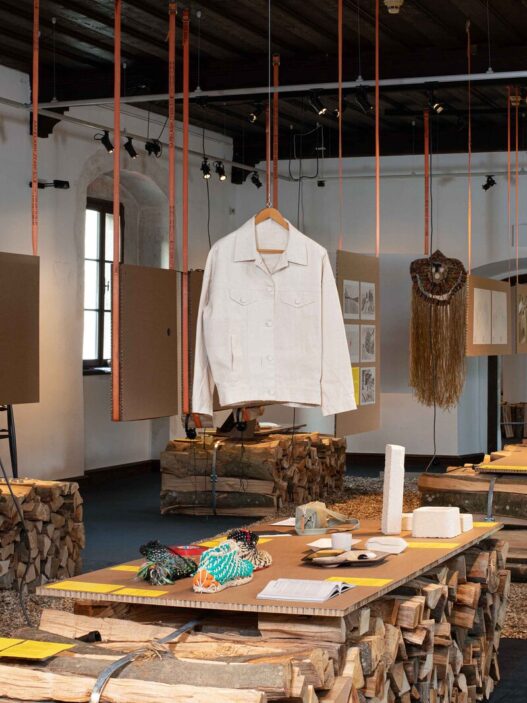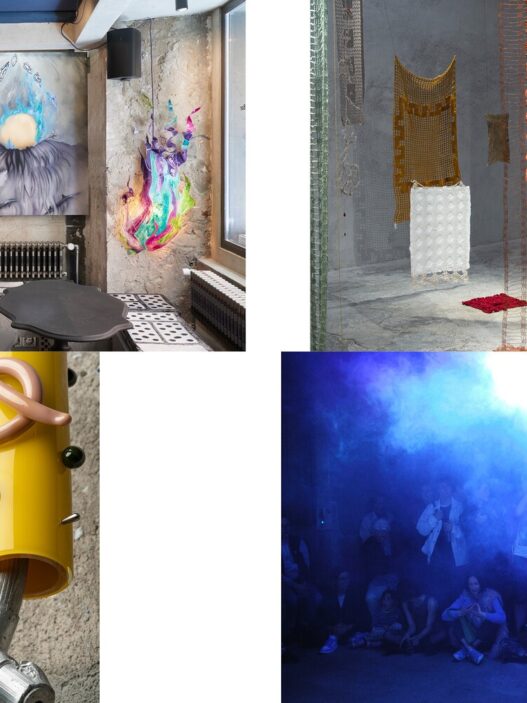May 25–June 15, 2022
On April 29, 2022, at TU Vienna, a group of international architects and historians discussed the Entwurff Einer Historischen Architectur by Johann Bernhard Fischer von Erlach, 300 years after its first publication. Coordinated by Pier Paolo Tamburelli and the Chair of Gestaltungslehre and Design, the symposium collected diverse positions on Fischer von Erlach’s work in an attempt to reconsider its legacy in architectural theory, history, and practice.
A video recording of the symposium will be streamed on e-flux from May 25 until June 15, featuring selected extracts. A full version of all the lectures will be available on Gestaltungslehre and Design starting May 25, 2022.
Symposium
Hosted by the Technische Universität Wien, this rich conversation discusses and interrogates the structure and content of Fischer’s book. Speakers offer a wide range of perspectives to address Fischer’s quest for «une Idée generale de la diversité des batiments de l’antiquité et de toutes les Nations» and to discuss his proto-comparative approach to architectural cultures. Interpretations of historical context, geopolitical suggestions, unexpected parallels and blunt hypotheses on contemporary practice contribute to a new framing of Fischer’s work and expose a new set of possible questions for today’s architecture.
The Entwurff is not an encyclopedia, and it does not claim to be exhaustive or complete. Rather, the Entwurff thrives on the pleasure of the single element: curiosity takes precedence over any esprit de système. In this respect, Fischer’s work is like an architectural Wunderkammer; yet contrary to contemporary literary works like Kircher’s Arca Noë (1675) and Turris Babel (1679), in the Entwurff there are no giants nor any detailed logistics about how Noah loaded the animals onto his ark. In the Entwurff, there is no encrypted secret, no conspiracy theory, and no masonic wisdom. The book is what it looks like: complicated and sober, overflowing and boring, megalomaniacal and unentertaining.
Contributions
Reclaiming History. The Entwurff as a historical compendium
Maarten Delbeke on the role of the Entwurff in reclaiming the value of historical architecture as a reference for contemporary practice.
On the trouble of situating, on the trouble of situating historically
Dubravka Sekulić investigates the notion of internationalism and the problem of positioning architectural work in historical, cultural, and economic terms.
From Stonehenge to Alexandria: Models and Sources for the Entwurff
Caroline van Eck questions the nature and purpose of Fischer von Erlach’s book and his attempt of a “project” for the history of architecture.
(In Praise of) Bad Cover Versions
Sam Jacob on the active interpretation of references as part of architectural practice.
Against Experience
Manuel Herz compares different modes of organizing knowledge and praises the generalist approach to architectural discourse.
Verso Recto. Reading the Entwurff from Back to Front
Steven M. Lauritano advocates for the relevance of the most denigrated chapter of the Entwurff and emphasizes the specific importance of vases in Fischer’s book.
Von Fischer von Erlach bis I.M. Pei
Mark Lee discusses the relation between the universal and the regional by reflecting on I.M. Pei’s journey through internationalism, modernism, and authenticity.
Once Upon A Time
Shumi Bose on audacity, liberty, and bravery in constructing a narrative atlas for real and imaginative architectures.
Autonomy and Contextuality in particular cases
Hermann Czech uses Fischer’s architecture in Vienna to trace the architect’s relationship with time and history and his position on the past and future in the structure of the Austrian capital city.




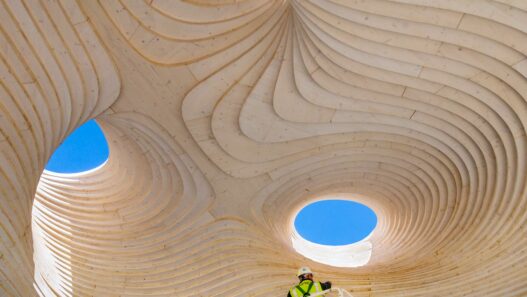



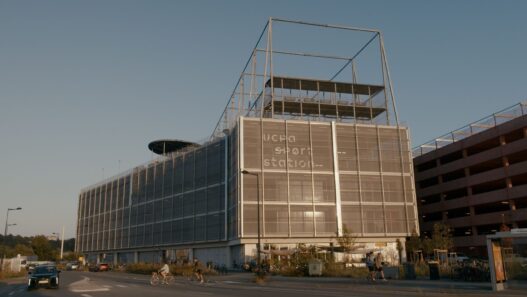
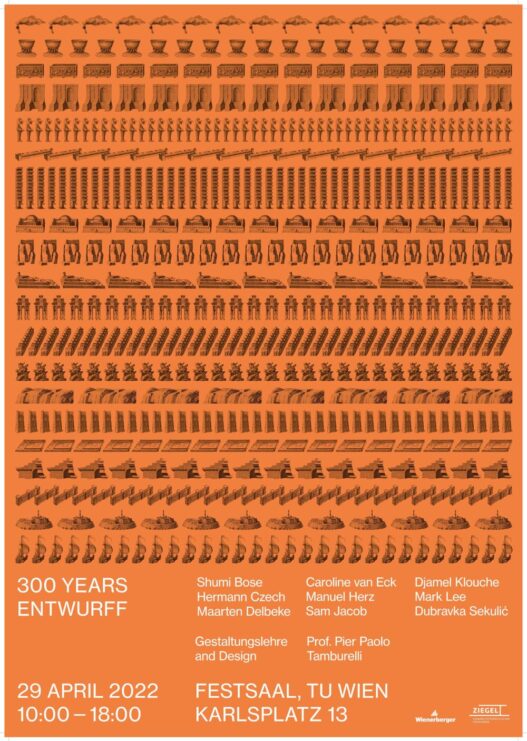
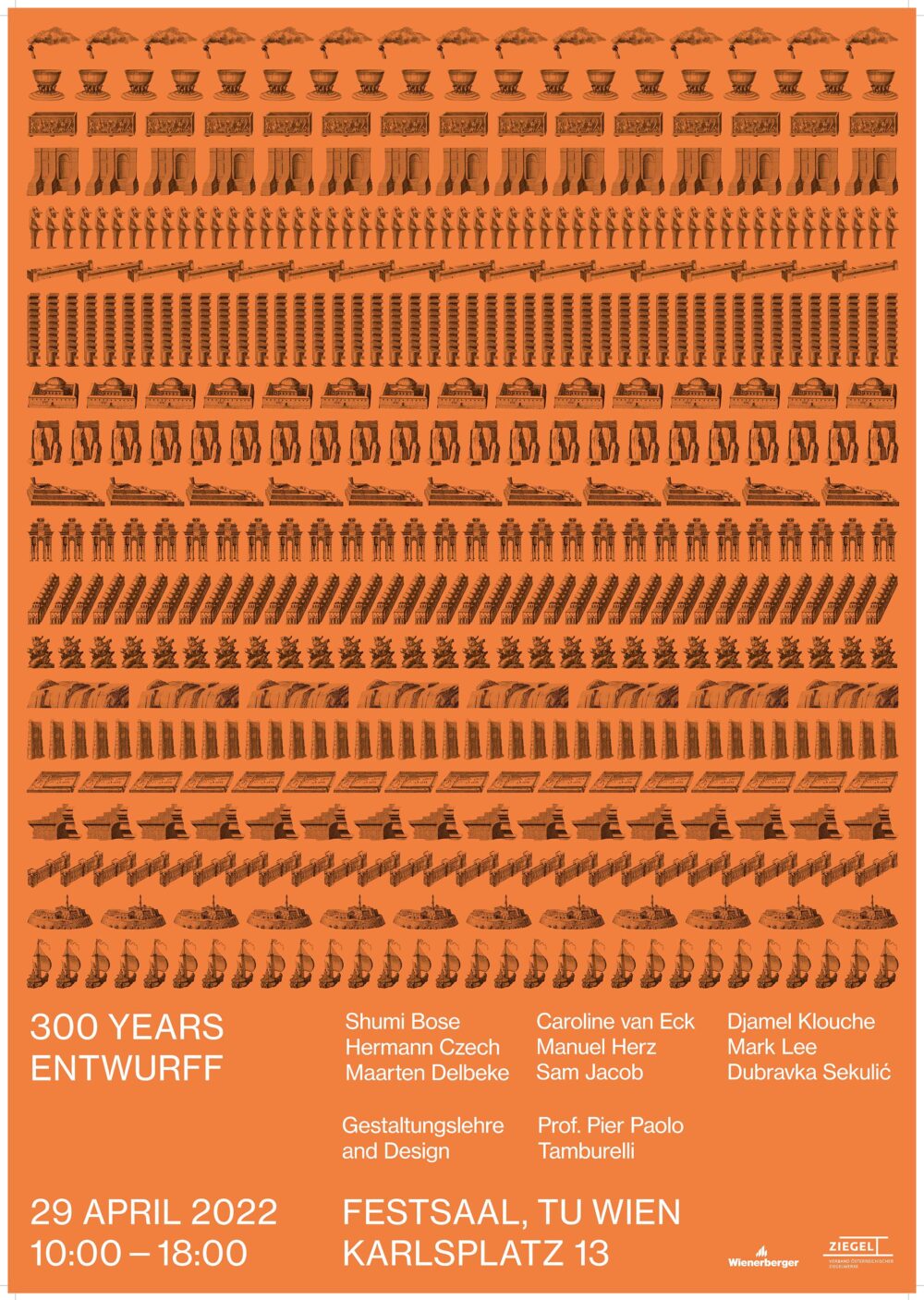



![[1] Quadros, chapéus e botas, Banga ossa, 2020. [2]: Arquitetura na Periferia. Photo: Pedro Thiago Silva. [3] Espíritos de Tudo que Vive, Uýra. Photo: Selma Maia, 2019. [4] Visual identity of the 13th International Architecture Biennale of São Paulo: Travessias.](https://dailyart.news/wp-content/uploads/2022/05/travessias-527x703.gif)

